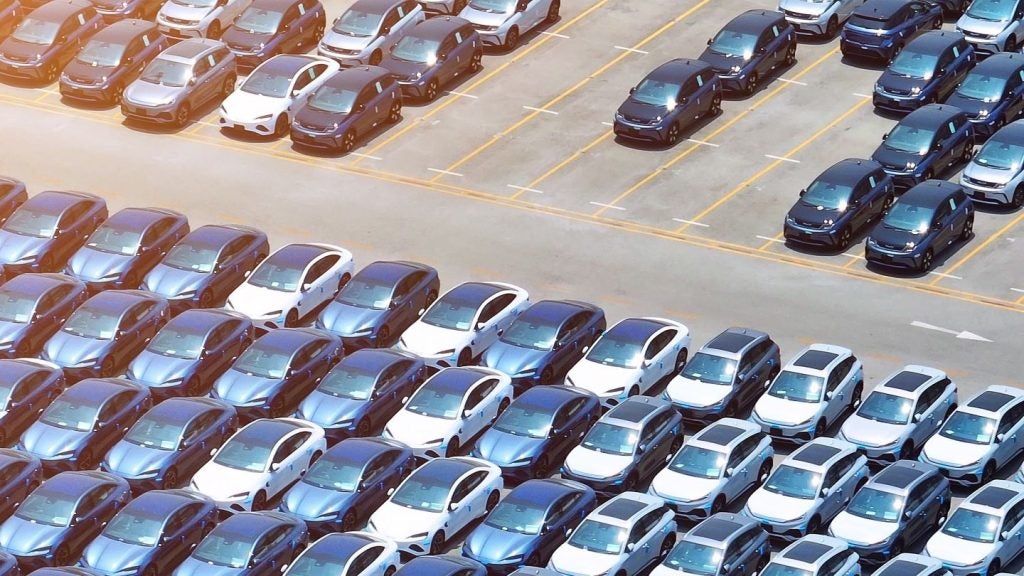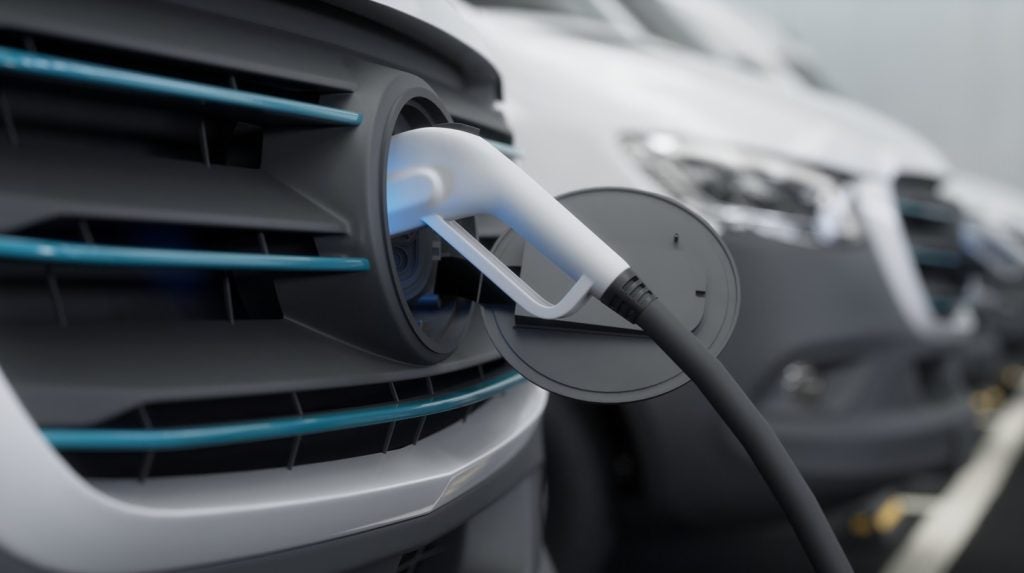In a report published today, the UK parliament’s ‘Public Accounts Committee’ (PAC) says the UK government has set a huge challenge to hit future zero-emission targets, but that much more EV charging infrastructure is needed and government departments require plans for the transition that are currently absent.
The PAC report says the UK government has set ambitious targets to phase out new petrol and diesel car sales by 2030 and for all new cars to be zero-emission from 2035, but with just 11% of new car registrations for ultra-low emission cars in 2020, it will be a “huge challenge” to get this to 100% in the next 14 years.
Achieving this ambition will require convincing consumers of the affordability and practicality of zero-emission cars, with up-front prices still too high for many in comparison to petrol or diesel equivalents, and addressing the current very uneven take-up across the UK, the report says.
The PAC report also concludes that while the number of charging points is increasing rapidly, many more will be required within a very short period of time to support the envisaged growth in electric cars in the UK. Moreover, the PAC is ‘not convinced the government is on track with this crucial infrastructure’.
The PAC also maintains that UK government departments will need to be on top of the other consequences arising from this transition, including the impact on the skills and capabilities required to support the changeover in the UK vehicle fleet; the environmental and social implications of the switch-over both in the UK and across global supply chains; the impact on our future power needs; and the impact on the government tax-take due to the loss of fuel duties.
To date, the report notes, the government departments have no clear published plan setting out how they propose to manage these consequential impacts, who they will need to work with, and the timetables for any action.

US Tariffs are shifting - will you react or anticipate?
Don’t let policy changes catch you off guard. Stay proactive with real-time data and expert analysis.
By GlobalDataMeg Hillier MP, chair of the committee, said: “The government has a mountain to climb to get to all new cars in the UK emitting zero carbon in the next 14 years: to convince consumers and make the cars appealing, to make the car industry environmentally and socially compliant, to build the necessary infrastructure to support this radical shift and possibly biggest of all, to wean itself off carbon revenues. Yet once again what we’ve got is a government throwing up a few signs around base camp – and no let-up in demand for oversized, petrol-guzzling vehicles.
“This isn’t about more targets with no plan behind them inevitably getting missed – it’s about averting the real-world challenges that are bearing down on all of us. The government needs to get the country behind it and lead the way in the global race against climate change.”
Mike Hawes, SMMT chief executive, said in a reaction to the PAC report: “The automotive industry shares government’s ambition for an electric revolution, a transformation that has already begun. However, as the Public Accounts Committee has made clear, we need a comprehensive and holistic plan to get us there in time. That plan must convince consumers to make the switch, it must provide the incentives that make electric cars affordable for all, and it must ensure recharging is as easy as refuelling – which means a massive and rapid rollout of infrastructure nationwide. Now is the time for government to match its world-leading ambitions with a world-class policy package.”







